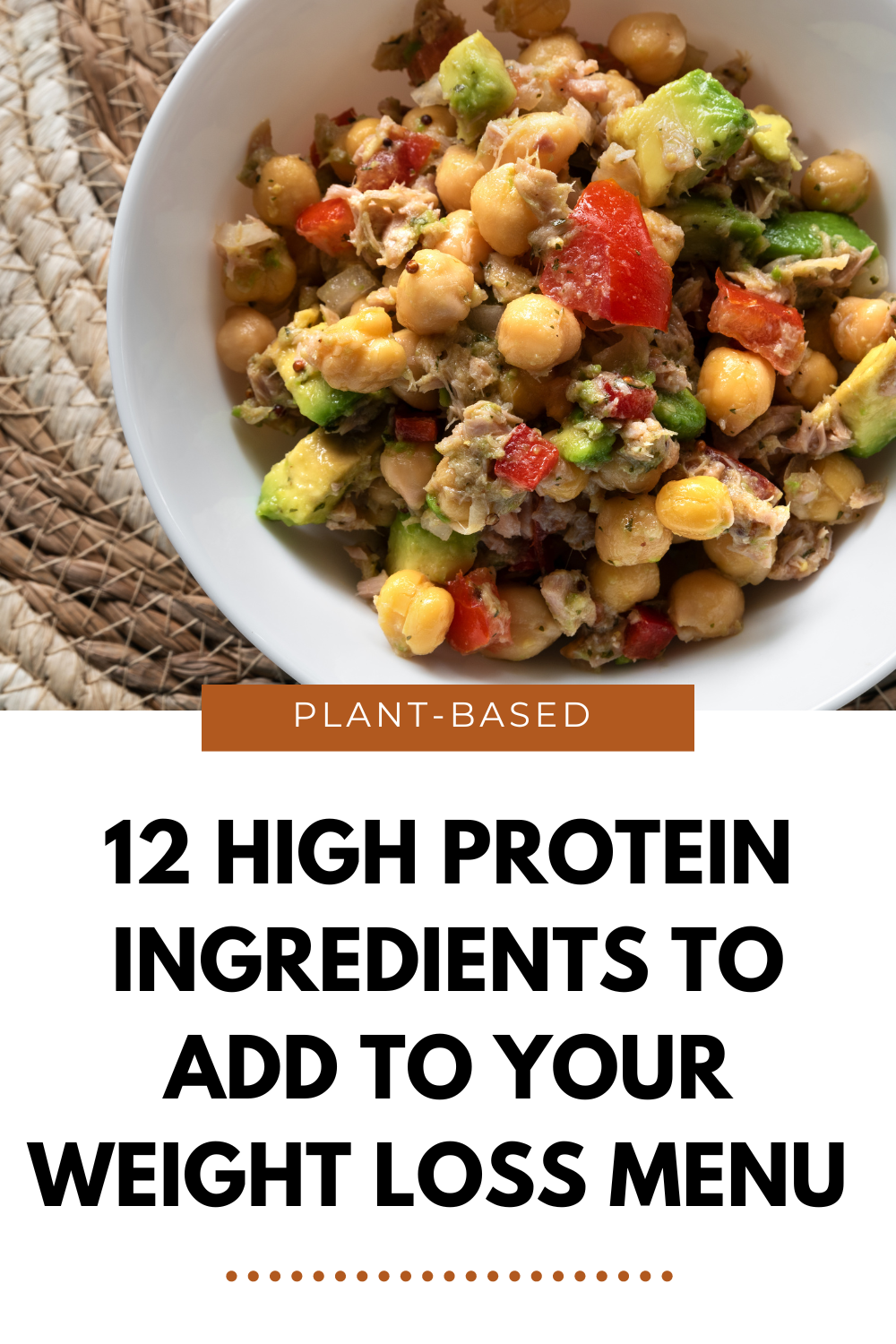Are you looking to shed some extra pounds and improve your overall health? If so, you might be surprised at the role protein plays when it comes to weight loss. Many people associate protein with meat, but there are plenty of other sources that can provide the protein your body needs to support your weight loss journey.
In this blog post, we’ll explore the significance of protein in achieving weight loss goals and introduce you to various non-meat sources of protein that can help you reach your targets. Whether you’re a vegetarian, vegan, or simply looking to broaden your menu, understanding the alternatives to meat-based protein can be a game-changer in your quest for achieving a healthy weight.
How does protein help with weight loss?
Protein can be really helpful for weight loss and boosting metabolism. When you consume protein, it takes more energy for your body to digest compared to fats and carbohydrates. This process is called the thermic effect of food, and it means that your body burns more calories just by digesting and processing protein. Additionally, protein can help you feel fuller for longer, which can reduce overall calorie intake and support weight loss. Finally, protein is important for maintaining and building lean muscle mass, and having more muscle can help to increase your metabolic rate, leading to more calories burned throughout the day. Don’t forget, when you lose weight, you also lose muscle mass….so keep your protein intake up when you are losing weight!
How much protein should you eat?
We have a few ways to determine just how much protein you specifically need to eat each day, based on your weight, height, goal weight, and activity level. First up is the Metabolic Balance custom nutrition plan that determines your ideal ingredients and macro quantities from 36 blood values. When you don’t have to guess which foods to eat to reduce inflammation, balance insulin levels, and stay full, weight loss is so much easier.

Second, is the Lumen metabolism tracker. It measures your CO2 levels each morning to determine if you are burning leftover carbs from last night, or burning stored body fat. From there, it will suggest the quantity of each macro (carbs, proteins, fat) to eat that day to help you become metabolically flexible and lose weight.
Third, you can do a quick calculation to see how much protein to eat in a day, but it does not give you info about the other macros. The general recommendation is to consume 0.36 grams of protein per pound of body weight, or 0.8 grams per kilogram. However, this is a basic guideline and individual protein needs can vary based on activity level, age, and other factors. It’s always best to consult with a healthcare professional or a nutritionist to determine your specific protein requirements.
12 protein sources to try that are not meat

- Chia seeds: 3g per tablespoon
- Chickpeas: 39g per cup
- Lentils: 9g per 1/2 cup
- Greek yogurt: 23g per cup
- Almond butter: 3 1/2 g per tablespoon
- Green peas: 8g per cup
- Tofu: 10g per 1/2 cup
- Quinoa: 8g per cup
- Oyster or white mushrooms: 3g per cup
- Eggs: 6g per egg
- Cottage cheese: 14g per 1/2 cup
- Hemp heart seeds: 4g per tablespoon
Meal ideas using plant-based proteins

- Chickpea Salad: Try this one from Love and Lemons
- Chia Seed Pudding: Try these from Minimalist Baker
- Pea Soup: Try this recipe from Eating Well
- Crispy Soy Garlic Tofu: Try this recipe by Christie at Home
- Mushroom Stir Fry with Peas: Try this one from Simply Recipes
- Viral Cottage Cheese Wrap: Try this recipe by Something Nutritious
- Hemp Heart Tabbouleh: Try this recipe from Eating Bird Food
- Mexican Quinoa Bowl: Try this one by Foolproof Living








Leave a comment